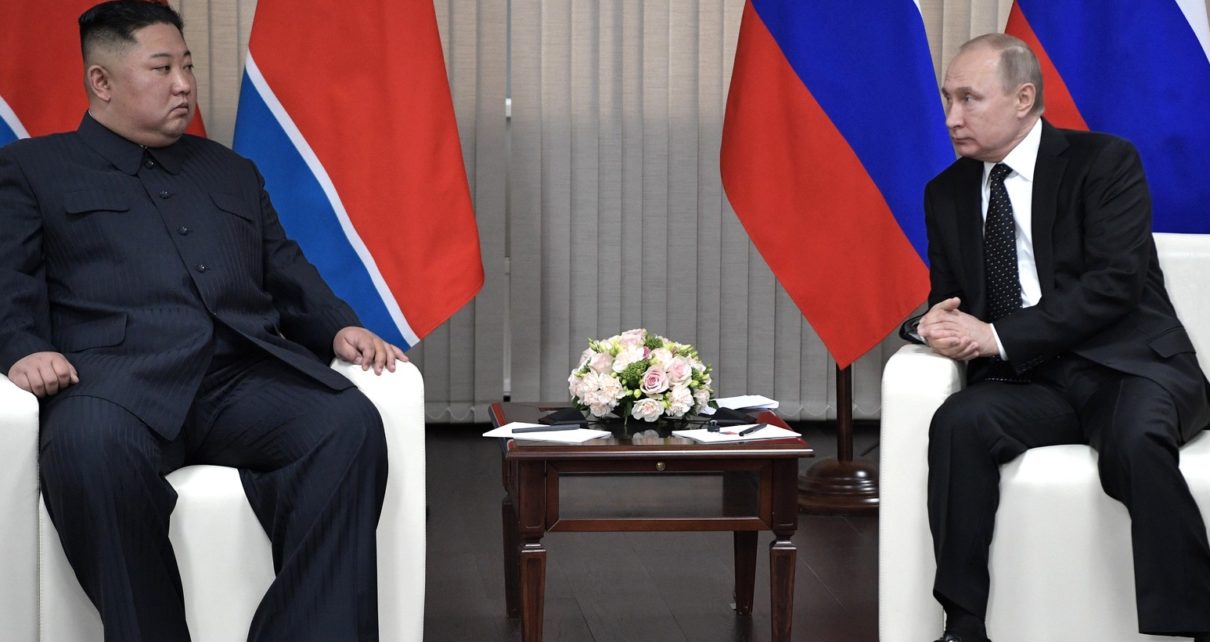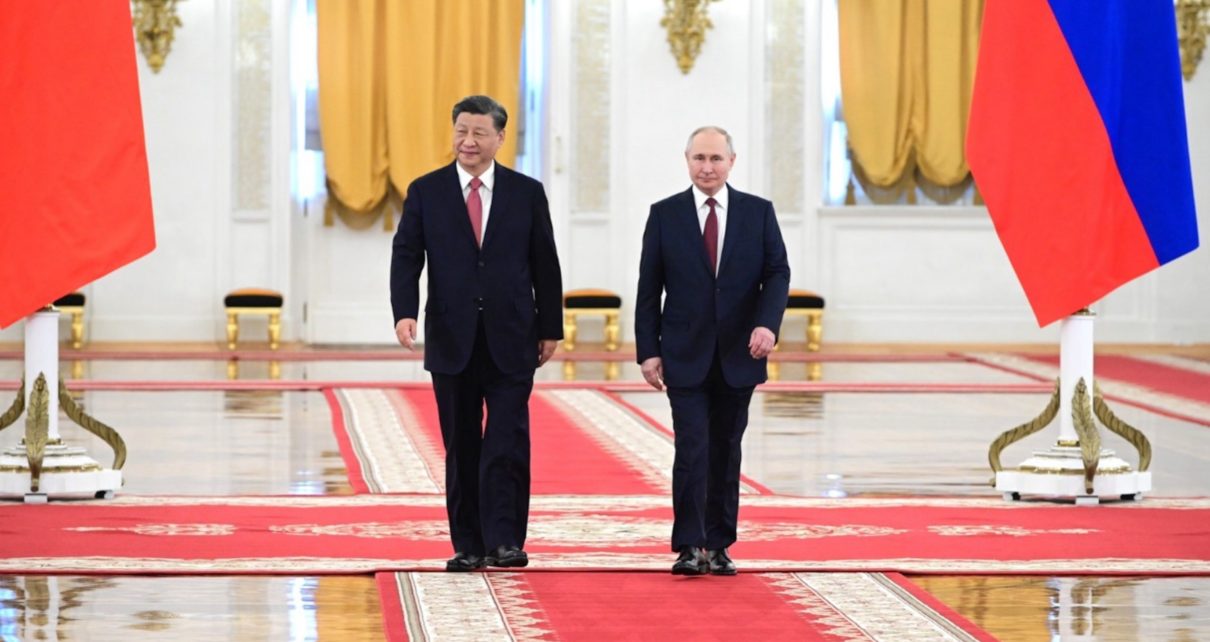Recent media coverage of the West’s involvement in mitigating tensions between China and Taiwan has generally focused on the same handful of questions: Has China increased its aerial and naval drills near Taiwan’s shores, and why? What is the likelihood of a direct military conflict between the United States and China over Taiwan’s sovereignty? What Read More…
Tag: China
To CFIS or not CFIS: Canada’s Foreign Intelligence Service Quandary
The question of whether Canada needs a foreign intelligence service is not a new one. It’s been bandied about almost as long as Canada has had a domestic intelligence service. Created by an Act of Parliament in 1984, the Canadian Security Intelligence Service (CSIS) was mandated only to include the collection of data and information Read More…
An Explanation of Western and Russian Interests and Aims in the Francophone West African “Coup Belt”
Since 2020, there have been seven coups in six French-speaking West African countries. Many of them have involved conflicts between military groups or established governments supported by France, and by extension the West and NATO, and rebel groups or juntas supported by Russia. France’s role as the main patron of established power in these countries Read More…
Canada’s Need For A Comprehensive Arctic Strategy Amid Russian And Chinese Threats
On August 26, 2022, NATO’s Secretary General Jens Stoltenberg warned Canada’s Prime Minister Justin Trudeau about Russia and China’s investments and intentions to build military, commercial, and industrial capacities in the Arctic. This is not new information. Russia and China made their Arctic strategies publicly available in 2009 and 2018, respectively. News articles frequently detail their interests and successes in the region. Despite this, Canada has Read More…
Rogue Allies: A Partnership of Desperation, Russia and North Korea
As Russia experiences growing isolation since its invasion of Ukraine, Moscow has sought to deepen its relationship with the Democratic People’s Republic of Korea (DPRK). This relationship, which had previously collapsed with the Soviet Union’s dissolution in 1991, has witnessed a prominent resurgence. The new relationship is marked by secrecy and mutual assistance aimed at Read More…
Tides of Power: China’s Potential Strategic Dominance in Shipbuilding and Its Influence on Naval Power for the U.S.
China has a significant position in global commercial shipbuilding and its control is growing, granting it a formidable strategic industrial advantage in modernizing and expanding the capabilities of the People’s Liberation Army Navy (PLAN). This is important as the PLAN’s modernization, in numerical and tonnage, combined with its intention to move beyond a littoral naval Read More…
Roaring Rivals: The Tiger and the Dragon, and the Indo-Pacific Chessboard
India and China are forecast to be the second and third-largest economies in the world by the turn of the next century. The dynamics between these powers demonstrate an uneasy competition as each state tries to increase its own sphere of influence at the expense of the other. These dynamics are thus a mixture of Read More…
Navigating BRICS Expansion with an Eye to China and Russia: A Strategic Perspective
BRICS, the hitherto five-state grouping of emerging countries that, until now, included Brazil, Russia, India, China and South Africa, expanded in early 2024. This enlargement doubled BRICS’ membership to include authoritarian members Egypt, Ethiopia, Iran, Saudi Arabia, and the United Arab Emirates (UAE), but with Argentina desisting from joining after the election of President Milei. This is the first BRICS Read More…
China’s Ascendance: Its History and Hazards – Part 2: The Long March
If you read “China” in Chinese, it actually means “Middle Kingdom.” It epitomizes why, politically and culturally, a significant proportion of the Chinese population believes that China is a superlative civilization that must restore itself to its “former glory.” Chinese emperors have fought for control of one of the longest-lasting empires on earth, from the mythical Read More…
China’s Ascendance: Its History and Hazards – Part 1: China’s Rising Influence
In recent decades, China has established itself as a nation with global interests and the ability to fundamentally affect world order. In the past, the international community was more passive about China’s ascent. However, now that the West is becoming more aware of China’s growing power, the question naturally arises: Is China a threat? Some commentators claim that China’s Read More…










